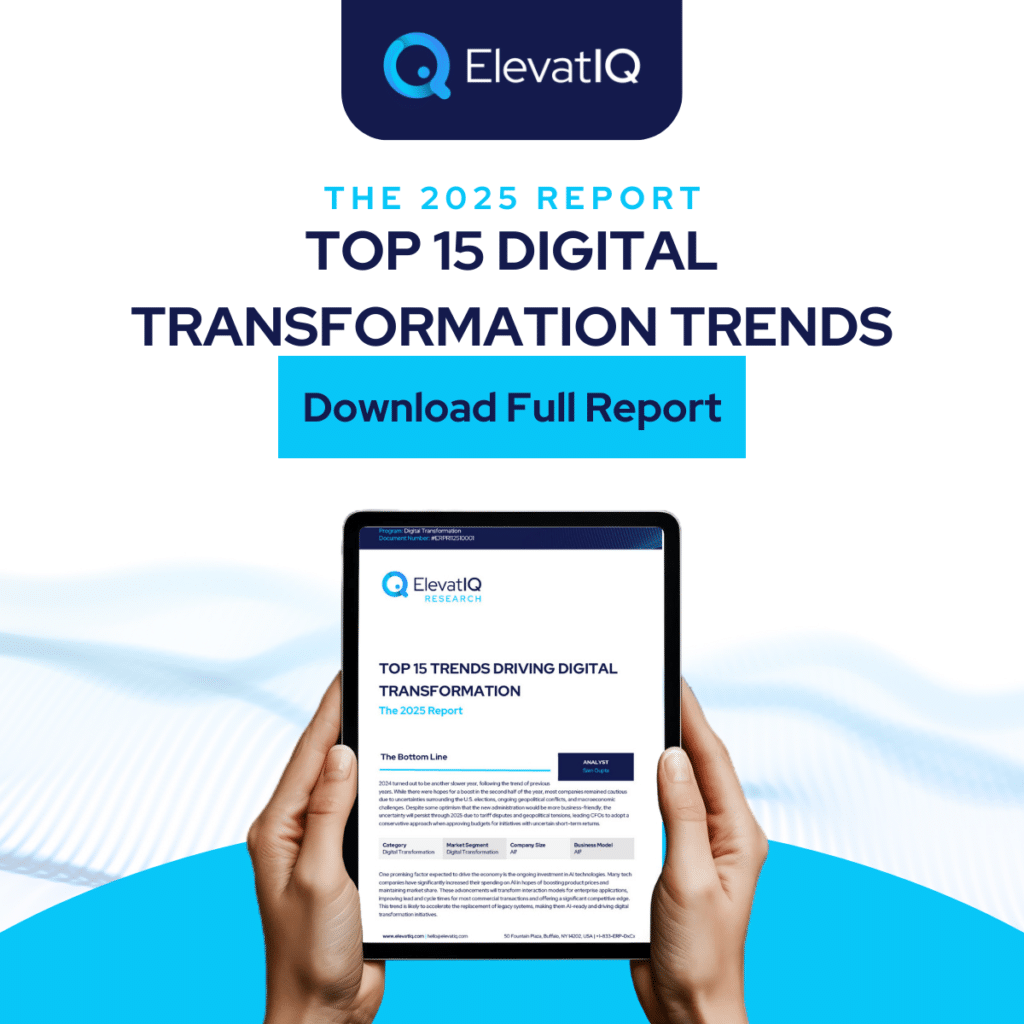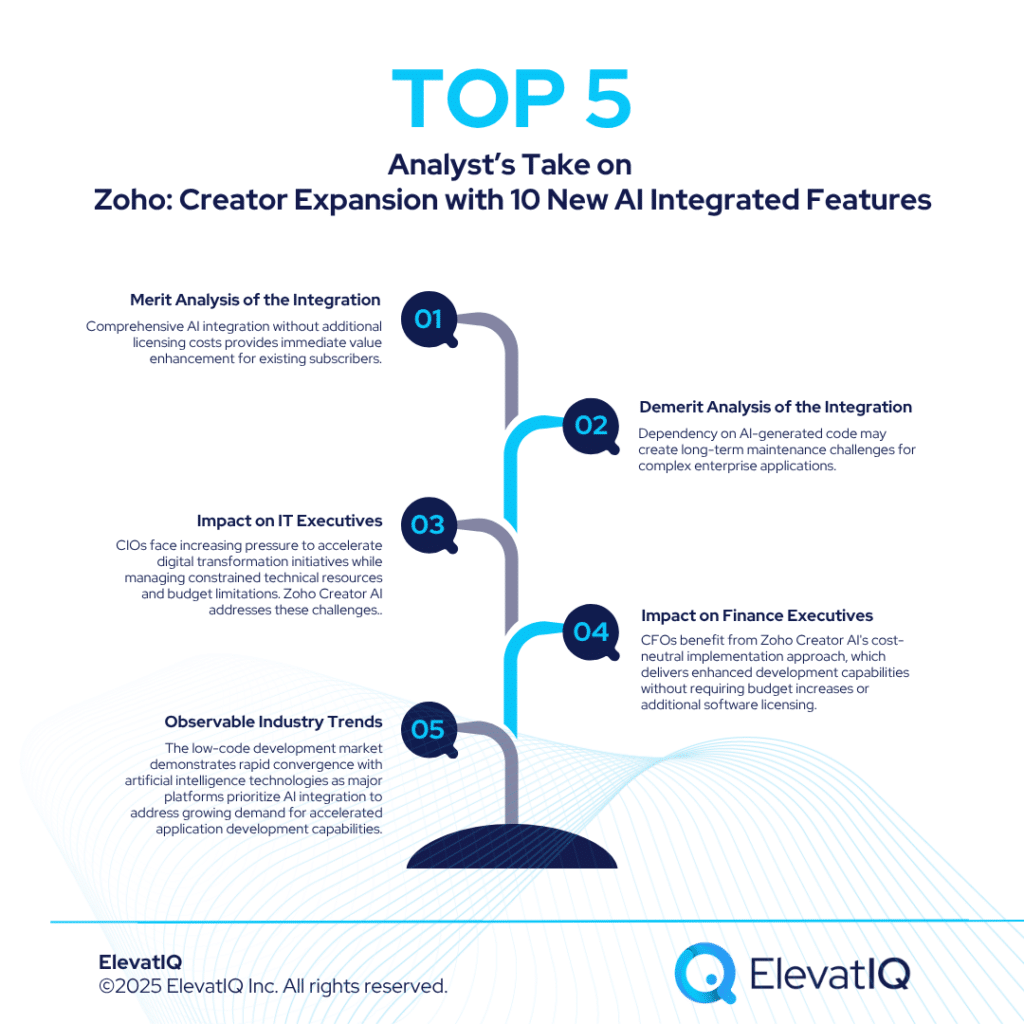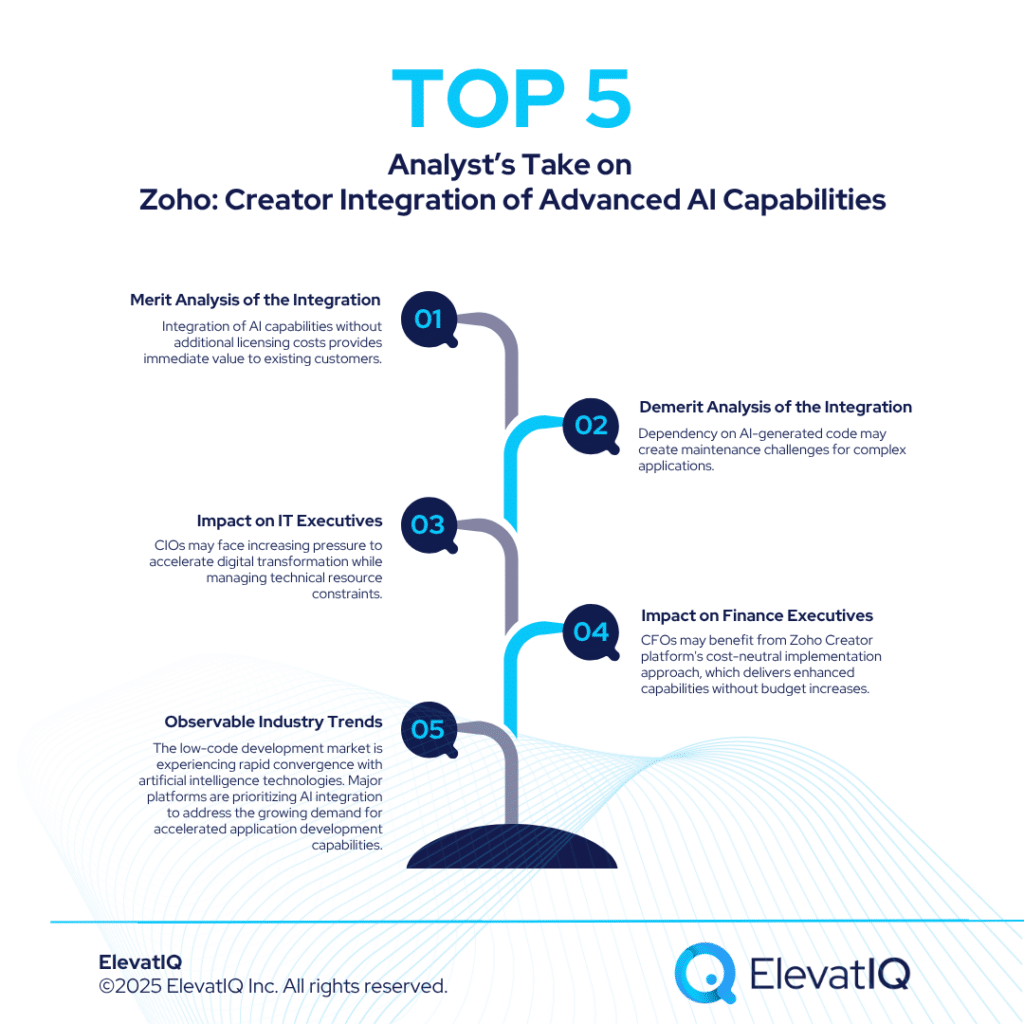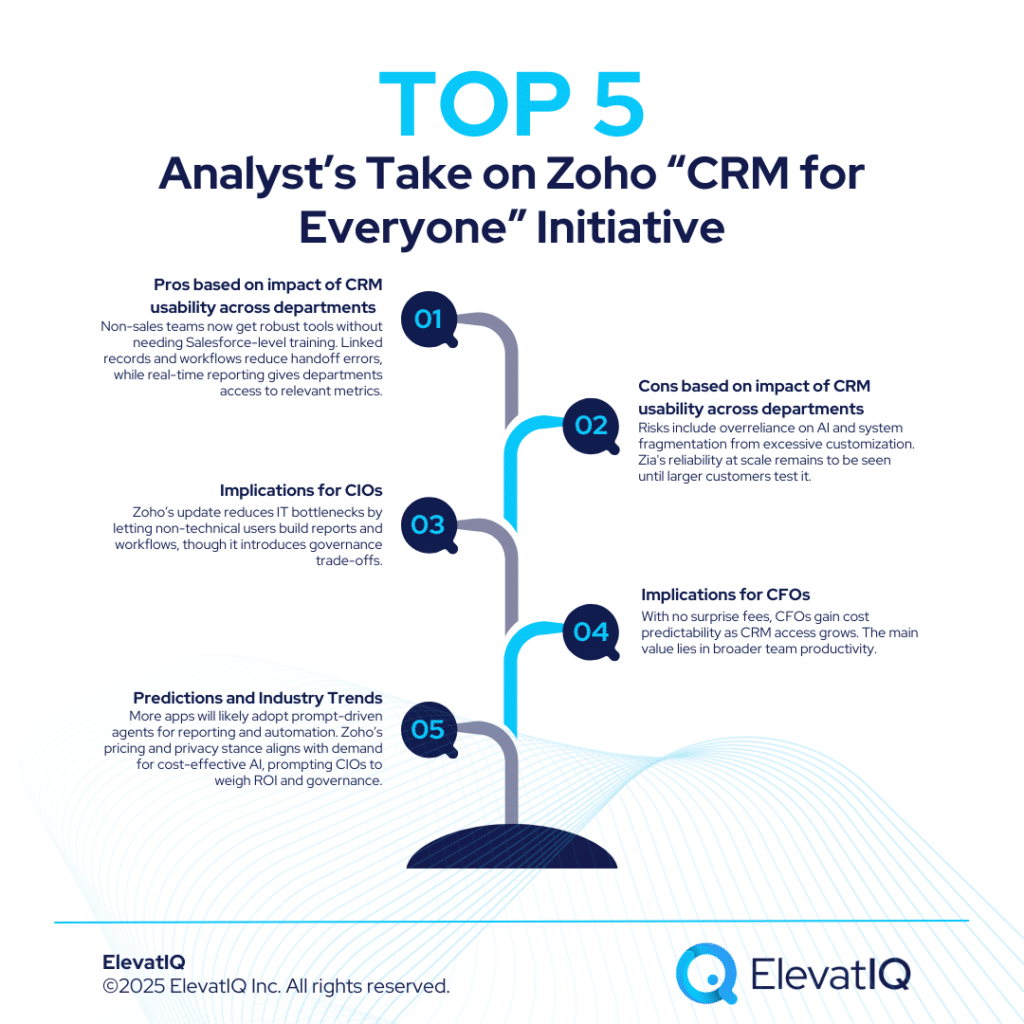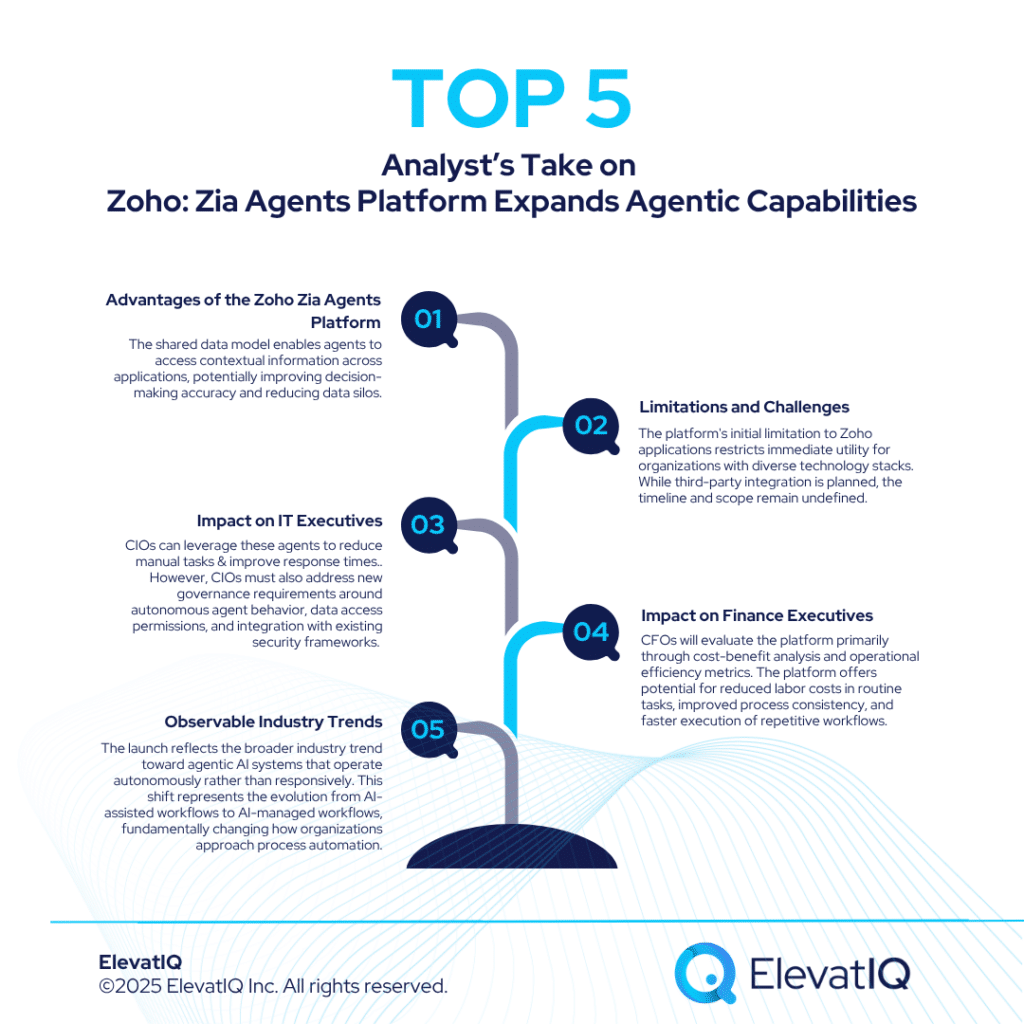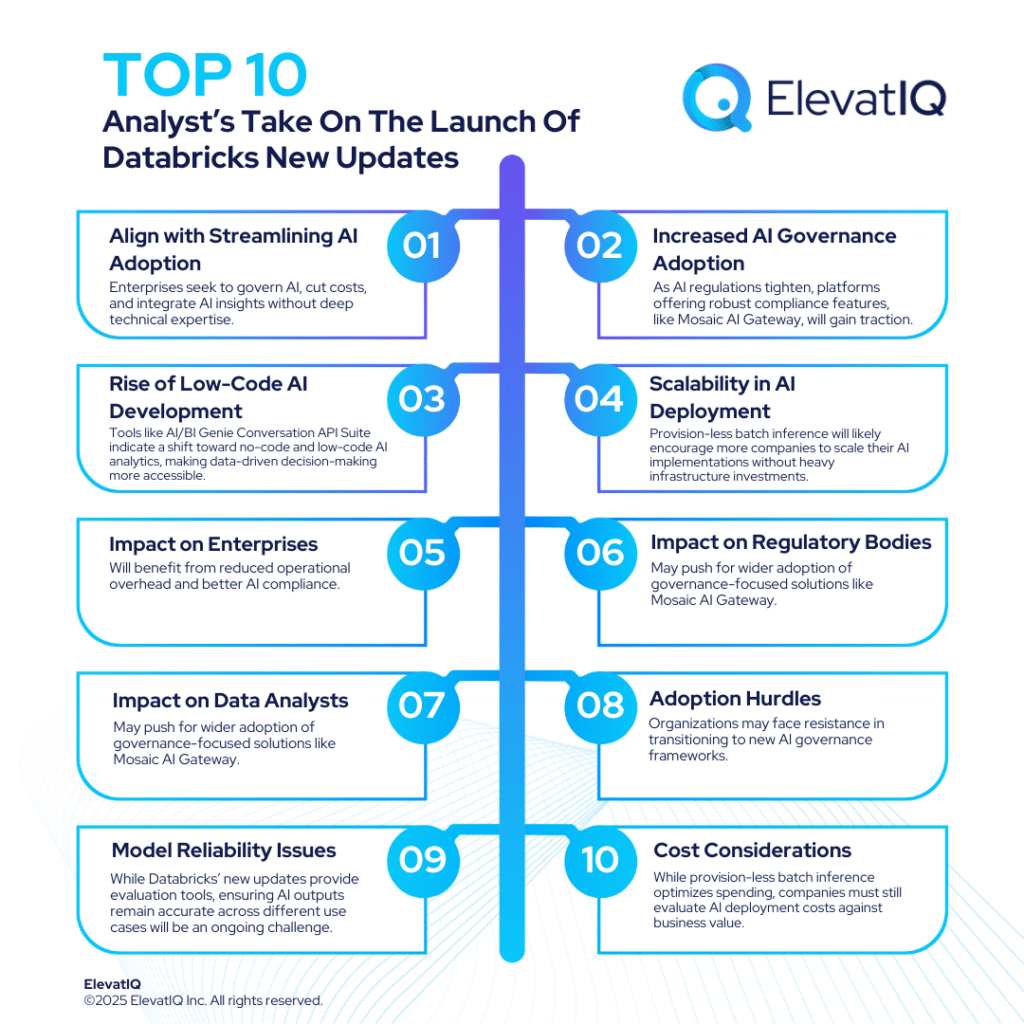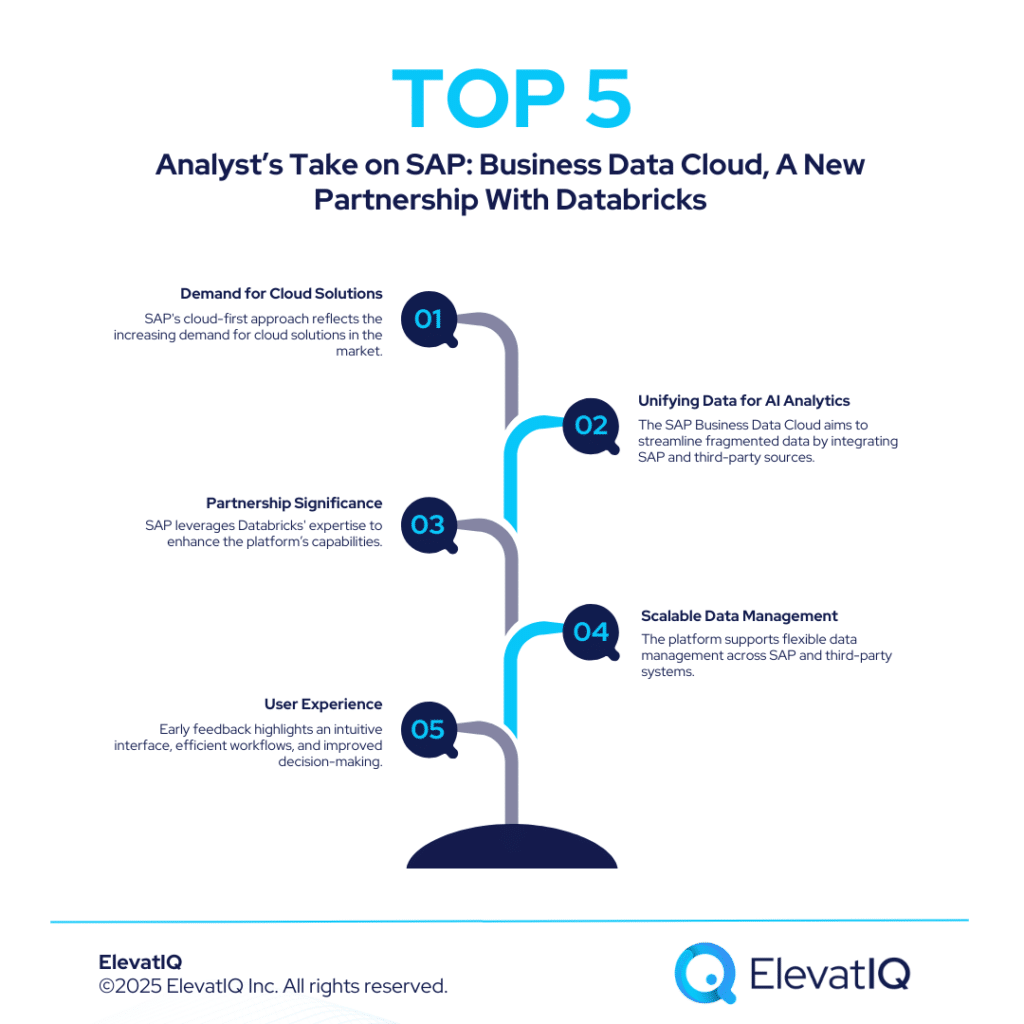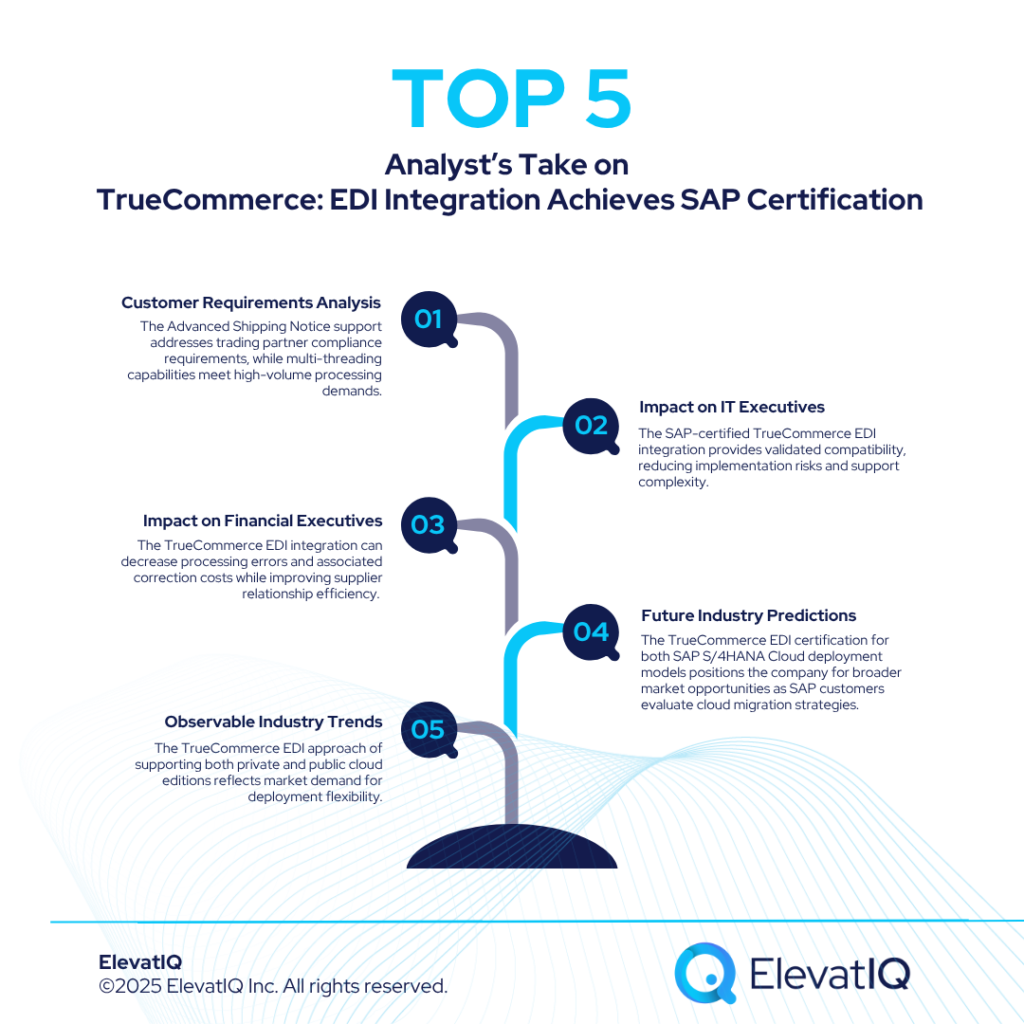Zoho Corporation announced the addition of 10 new AI-powered services to Zoho Creator features, its low-code application development platform. The expansion introduces CoCreator, an integrated AI assistant that enables application development through natural language processing, voice commands, and business documentation analysis. This enhancement maintains Zoho’s commitment to delivering practical AI capabilities without additional subscription costs for existing users.
Structured Breakdown of the News
CoCreator AI Assistant Launch
Zoho Creator features now incorporate CoCreator, a comprehensive AI assistant powered by Zia, Zoho’s proprietary AI technology operational since 2015. CoCreator processes multiple input formats including voice prompts, written instructions, process flow diagrams, and software requirement specifications. The system generates complete applications with integrated automations, permission frameworks, and analytical dashboards while reducing go-to-market timeframes for business applications.
The AI assistant democratizes application development by enabling users across different technical skill levels to create business-critical applications without requiring additional platform subscriptions or feature upgrades.
Idea-to-App Generation Technology
Zoho Creator features introduce Idea-to-App Generation capabilities that leverage both ZohoAI and OpenAI technologies. Users can input business requirements through text prompts, voice commands, process flow diagrams, or structured documentation such as software requirement specifications. The system analyzes these inputs and generates domain-specific recommendations, relevant data fields, and appropriate modules aligned with specific business requirements. This capability transforms abstract business concepts into deployable applications with contextual integrations, automated workflows, and permission structures tailored to organizational needs.
Enhanced Component Development Features
The platform now supports AI-driven component generation that enhances existing applications through prompt-based form creation. Zoho Creator features include proactive field recommendation capabilities that suggest contextual data fields within application forms, a functionality that distinguishes it from comparable low-code development platforms in the current market. Users can expand existing applications by requesting specific components through natural language descriptions, allowing for iterative application enhancement without manual coding requirements.
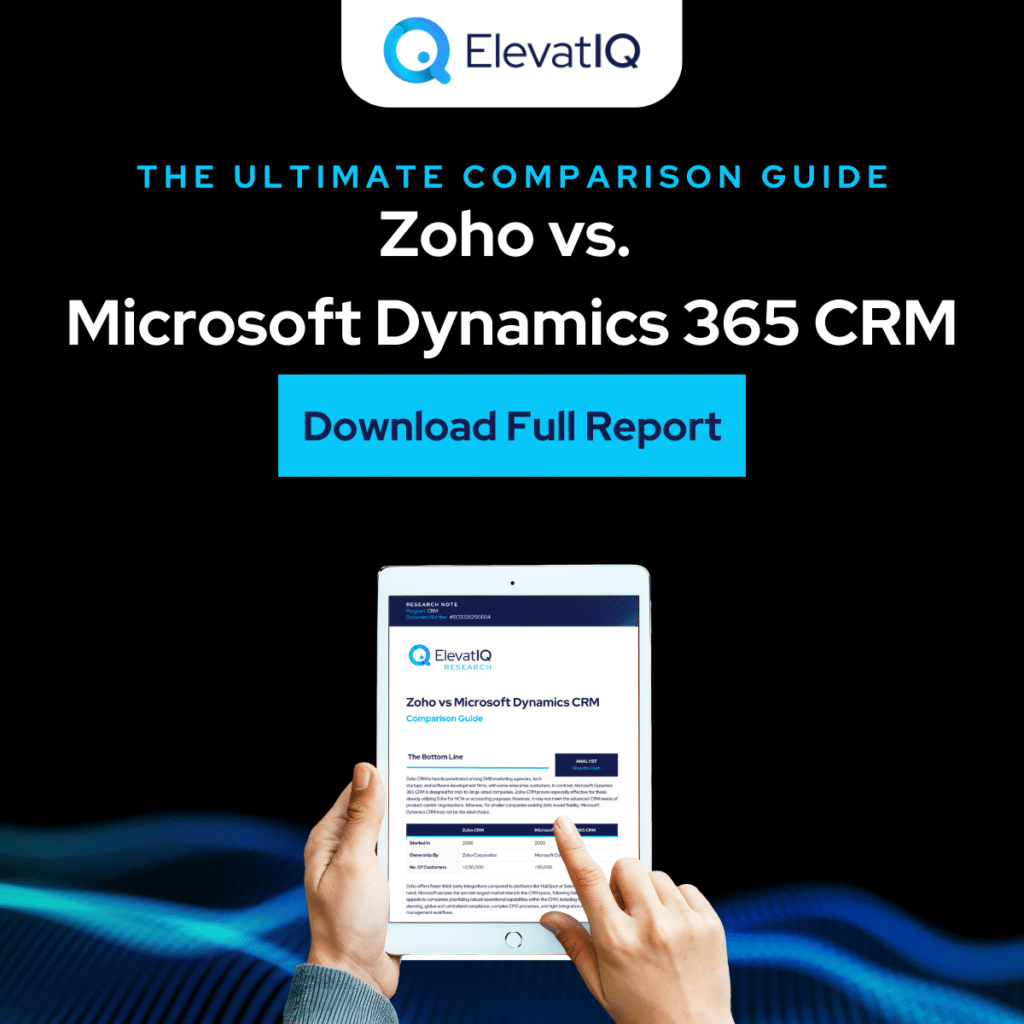
Code Generation and Optimization Tools
Zoho Creator features provide automated code generation capabilities that create contextual code blocks based on application architecture and specific requirements. The system supports various developer personas by enabling prompt-based code creation tailored to application structure and business logic needs. The platform includes code optimization capabilities that can enhance existing code blocks for improved performance and provide automated annotations for better code maintainability and documentation.
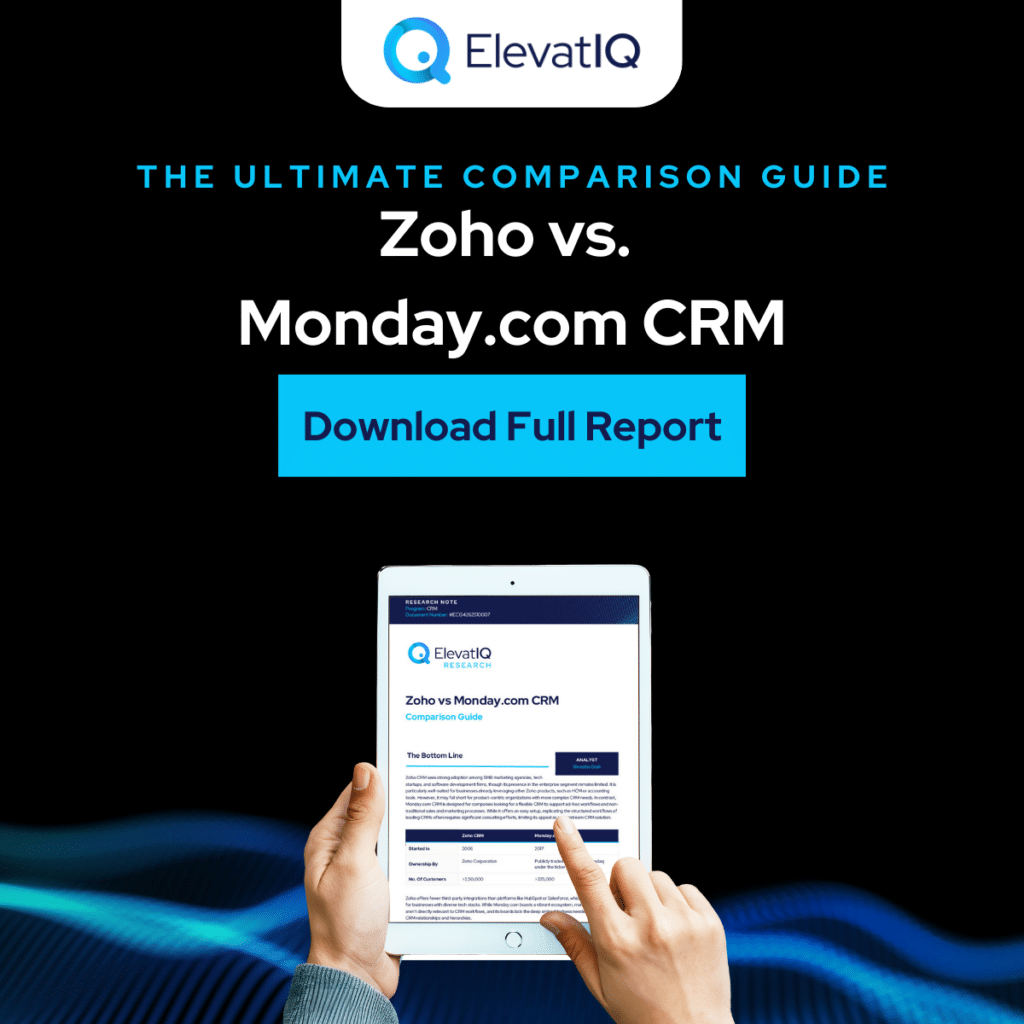
Advanced Data Processing Capabilities
The updated platform incorporates AI-powered data cleansing and modeling functionalities that eliminate data inconsistencies and establish logical data structures automatically. Zoho Creator features can process unstructured data from various file formats and database sources, transforming them into structured application components. The data preparation capabilities streamline the conversion of raw business data into actionable application elements, reducing the time and technical expertise required for data structuring and validation processes.
AI Skills Framework Implementation
Zoho Creator features will introduce AI Skills capability, currently available in Early Access with general availability scheduled for June 2025. This framework enables development of applications with specialized cognitive functions that interpret natural language instructions, analyze business context, and coordinate complex action sequences. The AI Skills feature utilizes Zoho’s proprietary Deluge scripting language combined with specialized AI models to create intelligent automation workflows that understand operational context and business requirements.
Custom AI Model Integration
The platform supports deployment of custom AI models with context-specific data to address specialized business requirements. Zoho Creator features provide support for custom models focused on optical character recognition (OCR), predictive analytics, and object detection capabilities, allowing organizations to integrate industry-specific AI functionalities directly into their low-code applications.
Common Questions That We Are Hearing
What are the cost implications of these new AI features?
All 10 new AI-integrated Zoho Creator features are available immediately to existing users without additional subscription fees or platform upgrades. Organizations using current Zoho Creator licenses can access CoCreator and all related AI capabilities as part of their existing subscription model.

How does the AI Skills feature differ from current capabilities?
AI Skills represents an advanced cognitive framework that is expected to enable applications to interpret natural language commands and execute complex multi-step processes. Unlike basic automation tools, this feature combines business context analysis with intelligent action coordination, though it remains in Early Access until June 2025.
What data privacy measures apply to AI processing?
Zoho’s AI models operate without training on customer data and do not retain user information after processing sessions. The company is expected to maintain direct ownership of its technology infrastructure, including data centers, providing comprehensive oversight of data privacy and security protocols throughout AI processing workflows.
How does this compare to competing low-code AI platforms?
Zoho Creator features differentiate themselves through contextual AI integration across Zoho’s 55-application ecosystem. The platform’s AI engine is expected to provide cross-application intelligence that understands business workflows beyond individual application boundaries, leveraging organizational data context unavailable to standalone platforms.
Analyst’s Take on This
Merit and Demerit Analysis
Merits
- Comprehensive AI integration without additional licensing costs provides immediate value enhancement for existing subscribers
- Multi-modal input acceptance accommodates diverse user preferences and existing business documentation workflows
- Proactive field recommendations and contextual code generation reduce development time while maintaining application quality standards
- Cross-platform AI integration leverages existing Zoho ecosystem investments and organizational data context
Demerits
- Dependency on AI-generated code may create long-term maintenance challenges for complex enterprise applications
- Limited customization options for AI-generated components compared to traditional manual development approaches
- Potential over-reliance on automated processes may reduce internal technical skill development among development teams
Impact on IT Executives
CIOs face increasing pressure to accelerate digital transformation initiatives while managing constrained technical resources and budget limitations. Zoho Creator AI addresses these challenges by enabling business users to participate directly in application development processes, reducing IT department bottlenecks and development queue delays.
The platform’s AI-driven code generation and optimization features support CIOs in maintaining application quality standards while increasing overall development velocity. However, CIOs must establish comprehensive governance frameworks to ensure AI-generated applications meet organizational security, compliance, and architectural standards. The integration of custom AI models provides CIOs with opportunities to implement specialized business intelligence and automation capabilities without requiring extensive machine learning expertise or dedicated AI infrastructure investments.
Impact on Finance Executives
CFOs benefit from Zoho Creator AI’s cost-neutral implementation approach, which delivers enhanced development capabilities without requiring budget increases or additional software licensing. The platform’s ability to accelerate application development cycles can reduce time-to-market for digital initiatives, potentially improving return on technology investments.
The democratization of application development through AI assistance may reduce organizational dependency on external development resources and specialized technical consultants, providing long-term cost optimization opportunities. However, CFOs should consider potential training requirements and change management costs associated with expanded user participation in development processes.
Future Predictions
The integration of comprehensive AI capabilities into low-code platforms represents a fundamental shift toward citizen development models within enterprise organizations. We anticipate that Zoho Creator AI will experience increased adoption velocity as business users gain direct access to sophisticated development tools through intuitive natural language interfaces.
The platform will likely expand its AI model library to include industry-specific templates and pre-configured business process automations. Collaborative AI features enabling multiple users to contribute simultaneously to application development projects may emerge as a competitive differentiator. The success of Zoho’s cost-neutral AI integration strategy may influence competitive pricing approaches across the low-code platform market, potentially accelerating enterprise AI adoption rates and shifting customer expectations regarding AI feature accessibility.
Industry Trend Observations
The low-code development market demonstrates rapid convergence with artificial intelligence technologies as major platforms prioritize AI integration to address growing demand for accelerated application development capabilities. This trend reflects broader enterprise requirements for faster digital transformation while managing technical resource constraints.
Natural language programming interfaces are becoming standard features across enterprise development tools. Also, indicating industry-wide focus on accessibility and user experience optimization. This evolution suggests a fundamental shift toward more intuitive software development methodologies that bridge traditional technical and business expertise gaps.
The emphasis on data privacy and proprietary AI models demonstrates increasing enterprise awareness of security considerations in AI implementation. Organizations are prioritizing platforms that provide transparency and direct control over AI processing and data handling practices. Thus, influencing vendor development strategies.
Key Stakeholder Statements
Raju Vegesna, Zoho’s Chief Evangelist, stated: “Since Creator’s introduction in 2006, the focus has been on simplifying and speeding up the app development process without sacrificing functionality. This enabled our users to launch millions of apps successfully. AI allows us to take it to another level, shortening the time from an idea to an app. Today’s announcement raises the baseline on speed of quality app creation with deep capabilities, without adding costs.”
This statement emphasizes Zoho’s long-term commitment to accessibility and democratization in enterprise software development. It also highlights the company’s strategy of maintaining cost-effectiveness alongside technological advancement. The reference to “millions of apps” demonstrates the platform’s established market presence and user adoption success.
